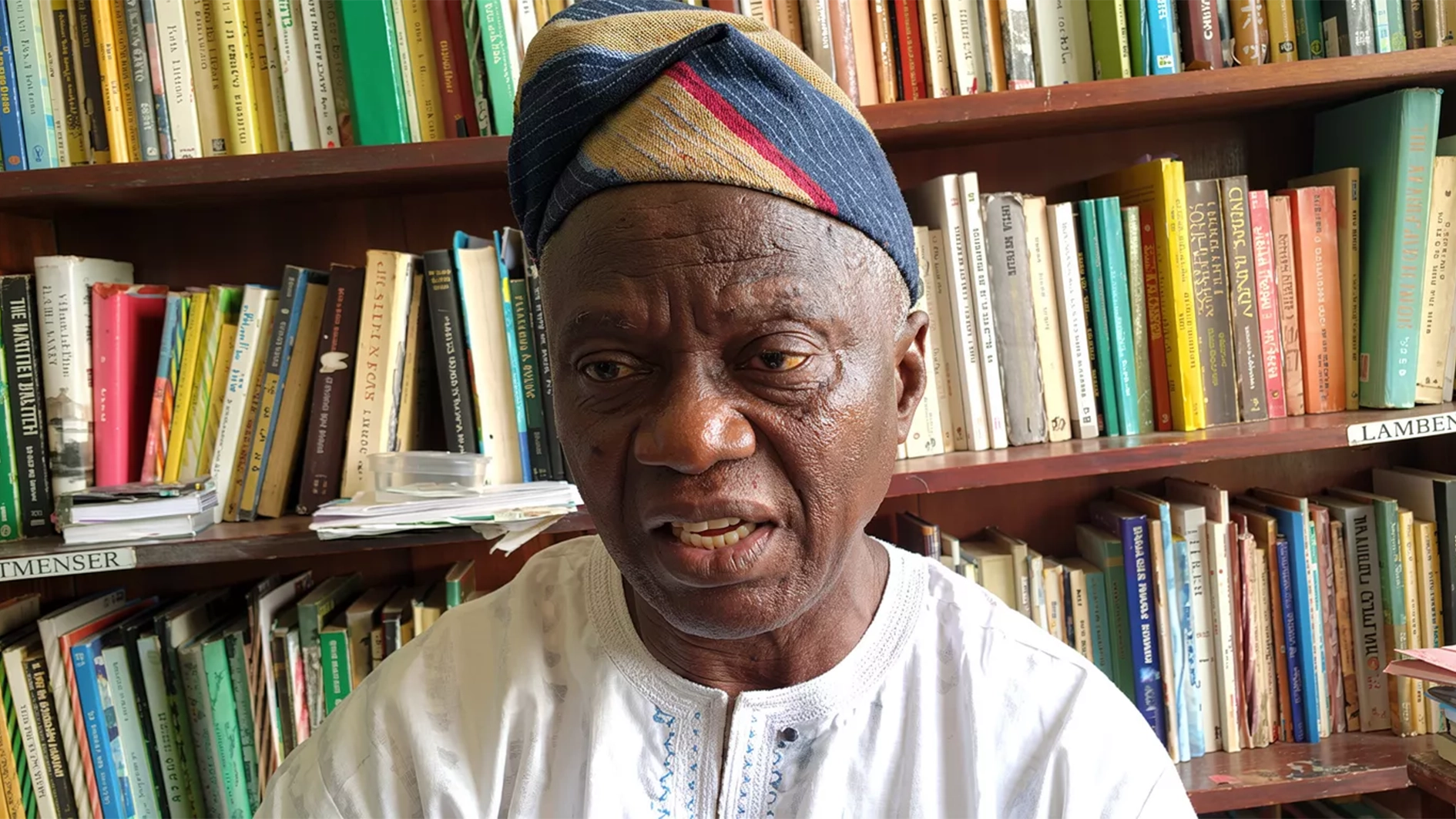 In the field of maternal and child health, Deborah Aanuoluwa Soyombo has emerged as a passionate advocate and researcher. Soyombo’s research spans nutrition, lactation support, and the socio-cultural dynamics of food. In this interview, she speaks on her groundbreaking work, the impact of her research, and her vision for the future of maternal and child health.
In the field of maternal and child health, Deborah Aanuoluwa Soyombo has emerged as a passionate advocate and researcher. Soyombo’s research spans nutrition, lactation support, and the socio-cultural dynamics of food. In this interview, she speaks on her groundbreaking work, the impact of her research, and her vision for the future of maternal and child health.
What inspired you to focus on maternal and child health, particularly nutrition and culinary heritage?
My passion for maternal and child health stems from observing the challenges mothers face, especially in underserved communities, in many parts of Nigeria. Nutrition is the foundation of health, and I realized that addressing maternal and child nutrition could have a transformative impact on communities. My interest in culinary heritage grew from the recognition that food is deeply tied to culture, identity, and health. By combining these two areas, I aim to create solutions that are scientifically sound yet culturally sensitive.
Your research on natural galactagogues has garnered significant attention. Could you share some insights from that work?
Certainly. Natural galactagogues—substances that promote lactation—have been used for generations, particularly in Nigeria. However, there was a lack of rigorous scientific evaluation of their efficacy and safety. My research bridges that gap by combining traditional knowledge with modern clinical insights. By comparing practices in Nigeria and the U.S., we’ve been able to identify not just their potential benefits but also the risks, ensuring safer and more effective use. This work has paved the way for better-informed healthcare advice and product development.
You’ve also worked on digital health tools for breastfeeding mothers. How do you see technology shaping maternal and child health?
Technology has immense potential to bridge gaps in healthcare delivery, especially for underserved populations. My research on digital tools, such as mobile apps and online platforms, focuses on how they can provide breastfeeding mothers with real-time support and education. In Nigeria, where access to healthcare professionals can be limited, these tools offer a lifeline. However, technology alone is not enough—it must be designed with cultural nuances in mind to ensure uptake and effectiveness. My comparative studies between Nigeria and the U.S. have highlighted the importance of localized solutions.
Culinary heritage plays a significant role in your work. Why is it important to preserve these traditions in the context of nutrition?
Culinary traditions are more than recipes—they are stories, histories, and a reflection of a community’s identity. Preserving these traditions is crucial because they often hold the key to sustainable and nutritious food practices. For example, many indigenous Nigerian ingredients are not only rich in nutrients but also culturally significant. My research on culinary narratives explores how we can integrate these traditional foods into modern diets, particularly for mothers and children. By doing so, we address malnutrition while fostering cultural pride.
Your work spans both Nigeria and the United States. How do you approach research that is both locally grounded and globally relevant?
It starts with understanding that while the challenges may differ across regions, the underlying principles of health and nutrition are universal. I always begin by listening to the communities I work with—understanding their needs, cultural practices, and limitations. By combining this local knowledge with global best practices, I aim to create solutions that are adaptable to diverse contexts. For example, my research on baby food innovations and nutritional strategies draws on data from both Nigeria and the U.S., offering insights that can be scaled globally.
What challenges do you face in advocating for culturally sensitive health solutions?
One major challenge is the tension between modernization and tradition. Many people view traditional practices as outdated or unscientific, while others resist modern interventions. My role as a researcher is to show how these two approaches can complement each other. Another challenge is funding—culturally sensitive research often requires extensive groundwork, which can be time-consuming and resource-intensive. Despite these challenges, the rewards are immense when communities see solutions that truly resonate with their way of life.
What has been the most rewarding moment in your career so far?
There are so many, but one that stands out was receiving feedback from a mother who benefited from one of our digital health tools. She told me how the app helped her navigate breastfeeding challenges and improve her child’s nutrition. Hearing stories like hers reminds me why I do this work—it’s about making a tangible difference in people’s lives.
Looking ahead, what are your goals for the future of your research?
My primary goal is to expand the global reach of my work. While my research is deeply rooted in Nigeria, I want to collaborate with other nations to share insights and learn from their experiences. I’m also focused on scaling up the impact of digital health tools and developing new products that address specific nutritional needs for mothers and children. Lastly, I want to continue advocating for the preservation of culinary heritage, ensuring that future generations can draw strength and identity from their food traditions.
What message would you like to share with policymakers, healthcare providers, and the global community?
I would say that maternal and child health is not just a national priority—it’s a global one. Nutrition, culture, and health are deeply interconnected, and we need to approach them holistically. By investing in culturally sensitive solutions, leveraging technology, and fostering international collaboration, we can create a world where every mother and child has the opportunity to thrive. Together, we can make that vision a reality.






